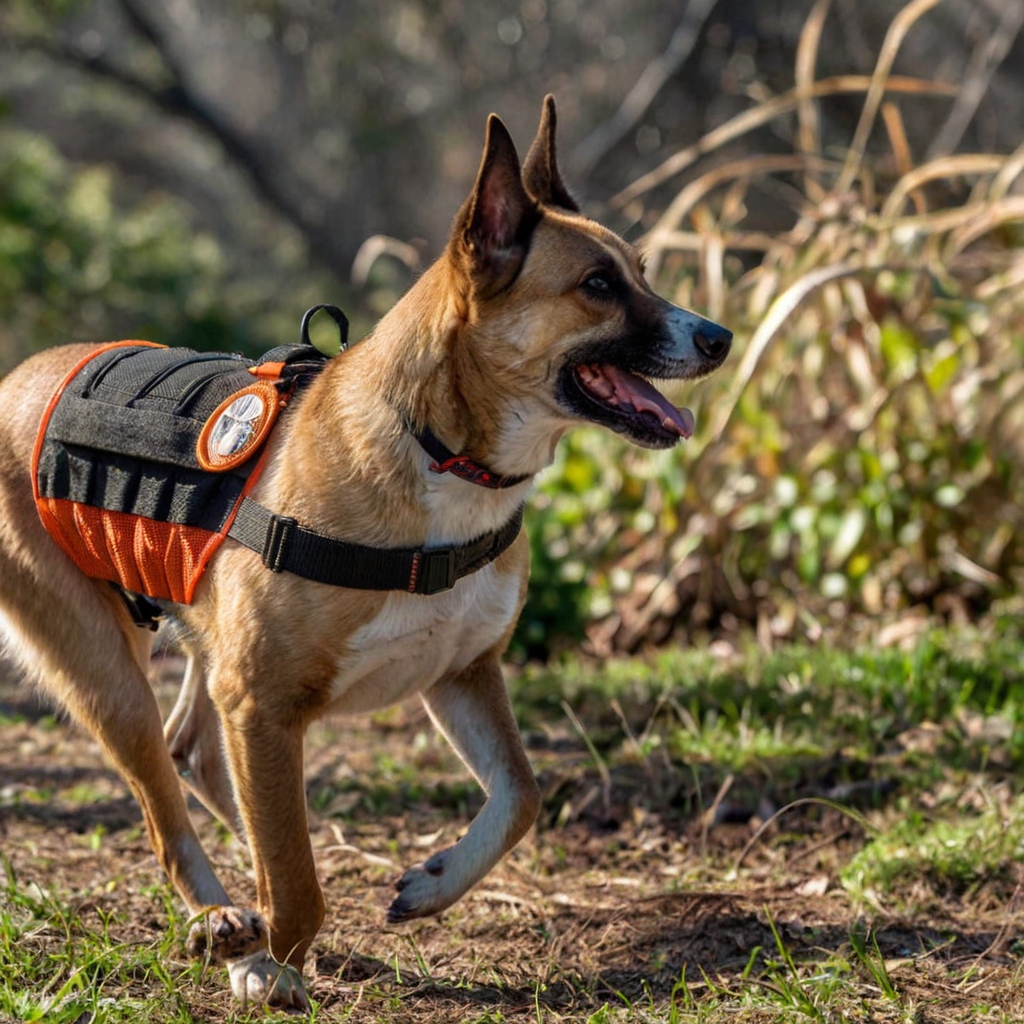Tracking dogs are highly specialized canines that use their keen sense of smell to follow the scent of a specific target, whether it be a person, animal, or object. These dogs are often used in search and rescue operations, law enforcement, and hunting. In order to perform their duties effectively, tracking dogs require a diet that is tailored to their specific needs. A well-nourished tracking dog will have the energy, endurance, and mental clarity to follow complex scents and track targets over long distances.
When it comes to feeding tracking dogs, there are several key considerations. First and foremost, the diet must be high in protein to support the dog’s muscle mass and energy needs. Tracking dogs can expend a tremendous amount of energy while working, and a diet that is rich in protein will help to sustain them. Additionally, the diet should be balanced to ensure that the dog is receiving all of the necessary vitamins and minerals to maintain optimal health.
Nutritional Requirements
In terms of nutritional requirements, tracking dogs have several key needs that must be met. These include:
- High-quality protein sources, such as chicken, beef, or fish
- Complex carbohydrates, such as brown rice or oats, to provide sustained energy
- Healthy fats, such as omega-3 fatty acids, to support skin and coat health
- A range of essential vitamins and minerals, including vitamin A, vitamin D, and calcium
It is also important to ensure that the diet is well-balanced and complete, with no excessive amounts of any one nutrient. A balanced diet will help to support the dog’s overall health and well-being, and will also help to optimize their tracking abilities.
Feeding Strategies
When it comes to feeding tracking dogs, there are several different strategies that can be employed. Some owners and handlers prefer to feed their dogs a traditional kibble-based diet, while others opt for a more natural, raw food diet. There are also some who use a combination of both, feeding their dogs a kibble-based diet with the addition of fresh fruits and vegetables.
Regardless of the specific feeding strategy, it is essential to ensure that the dog is receiving enough calories to support their energy needs. Tracking dogs can be highly active, and may require more calories than less active dogs. It is also important to monitor the dog’s weight and adjust the feeding strategy as needed to ensure that they are maintaining a healthy weight.
Special Considerations
There are several special considerations that must be taken into account when feeding tracking dogs. For example, dogs that are working in hot climates may require more water and electrolytes to stay hydrated, while dogs working in cold climates may require more calories to stay warm. Additionally, dogs that are tracking in difficult terrain, such as rocky or mountainous areas, may require more joint support to prevent injuries.
It is also important to consider the age and health status of the dog when determining their dietary needs. Puppies, for example, require more protein and calories to support their growth and development, while older dogs may require more joint support and easier-to-digest foods.
Conclusion
In conclusion, tracking dogs require a diet that is tailored to their specific needs and activities. A well-nourished tracking dog will have the energy, endurance, and mental clarity to perform their duties effectively, whether that be tracking a target or working in a search and rescue operation. By providing a balanced and complete diet, and taking into account special considerations such as climate and terrain, owners and handlers can help to optimize their dog’s tracking abilities and ensure that they are performing at their best.
